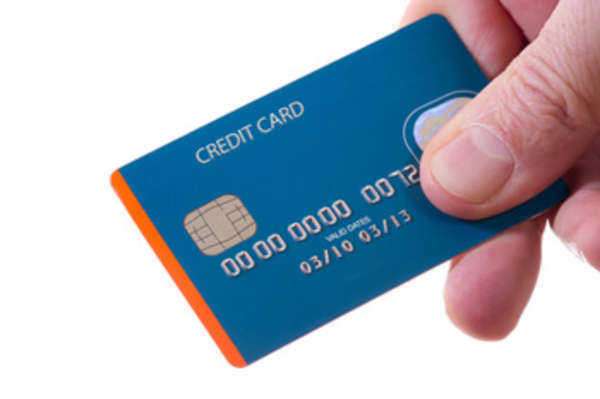Skimming Explained
Skimming is a type of credit card fraud which is growing in prominence, and which endangers the very basic trust between consumer and seller. In skimming, an employee of a legitimate merchant uses his position to gain access to the credit or debit card information of a buyer, so that at a later point the employee can use that information to his advantage.
The transaction which gave the buyer's information to the company was perfectly normal, and is not the source of the problem; skimming instead comes from the unethical behavior of single employees in an otherwise trustworthy business. A single waiter at a restaurant, for instance, might run a customer's credit card through a so-called "skimmer" so as to store its information before he returns the card to the customer. He can even simply write down the CSV code which is not stored in the information on the magnetic strip, and thereby have all possible information that he would need in order to conduct fraud based on his skimming.
Other forms of skimming often involve bank employees themselves, setting up special detection systems on ATMs so that, as customers come to perform transactions at the machine, their cards are read and stored on a skimmer, or their PINs are monitored and recorded for later retrieval.

A credit card fraud investigation for a single cardholder would not encounter great success in detecting skimming as anything other than a likely explanation for the source of the credit card fraud when no other source of fraud presents itself. Finding the individual responsible for the skimming based on a single instance of such fraud would be very difficult. But a credit card fraud investigation could encounter much greater success in detecting fraud when multiple cases seem to surround the same business.
Such a technique would involve data mining, which would look at a set of gathered data from a group of individuals who have all complained of suffering from credit card fraud, and would then draw connections between them. This could lead a credit card fraud investigation to one particular business which all the victims use.
Should a specific business be found to have an employee practicing skimming on customers, then obviously that employee will be charged to the fullest extent of the law, but the business will likely be fined, as well. Business owners are held responsible for ensuring the security of their terminal-based transactions, and if they cannot do so successfully, then they will suffer a penalty of some kind, including the potential for complete detachment from the electronic transaction system.
Skimming is a problem which is nigh impossible to prevent from the customers' perspective. You cannot control the actions of the employees at a place where you give your card as payment; you can only choose not to give that business your patronage in the future. The same basic rules for dealing with any credit card fraud still apply to dealing with skimming, of course.
As soon as you discover evidence of fraudulent behavior affecting your credit accounts, you should report it as quickly as possible. With any luck, yours may be the evidence necessary to help bring a credit card fraud investigation to success in finding the skimming culprit.